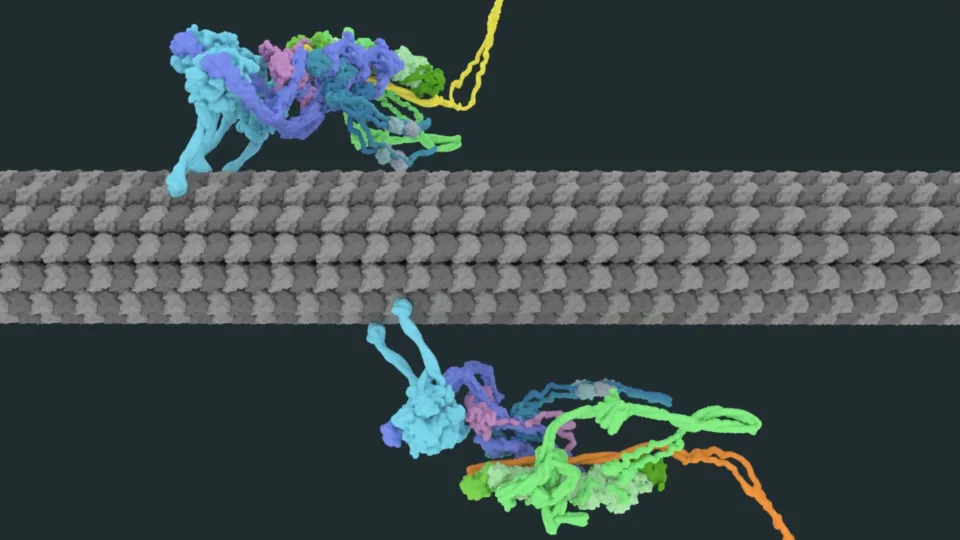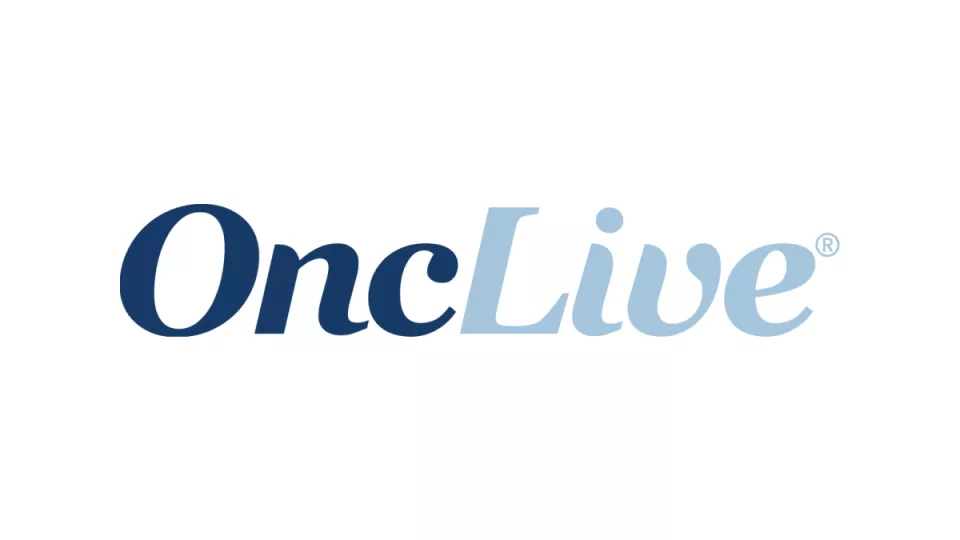News Brief
Novel Treatment for Lupus Affecting the Skin
October 12, 2023
There are no effective treatments for cutaneous lupus erythematosus (CLE), a form of the autoimmune disease lupus that causes skin itchiness and rashes. Endocannabinoids—naturally occurring compounds similar to the active agents in marijuana—show promise for alleviating itchiness and inflammation in CLE, but delivering them to targets in the skin has proven challenging.
In a study published online on September 19 in Experimental Dermatology, Joel Friedman, M.D., Ph.D., Chaim Putterman, M.D., and colleagues have developed a novel delivery system in which the endocannabinoid anandamide is encapsulated in nanoparticles. Compared to results for untreated controls, symptoms significantly improved when the anandamide-containing nanoparticles were rubbed on skin lesions of a mouse model of CLE twice a week for 10 weeks. The researchers found that effectiveness resulted in part from anandamide’s deep skin penetration via hair follicles. The results suggest that this treatment could potentially be the first effective treatment for CLE.
Dr. Friedman is professor of microbiology & immunology and of medicine and is the Young Men’s Division Chair in Physiology Emeritus. Dr. Putterman is professor of medicine and of microbiology & immunology at Einstein. Adam Friedman, M.D., previously at Einstein and currently at the George Washington University School of Medicine and Health Sciences, helped develop the concepts, technology as well as initiate the project.



